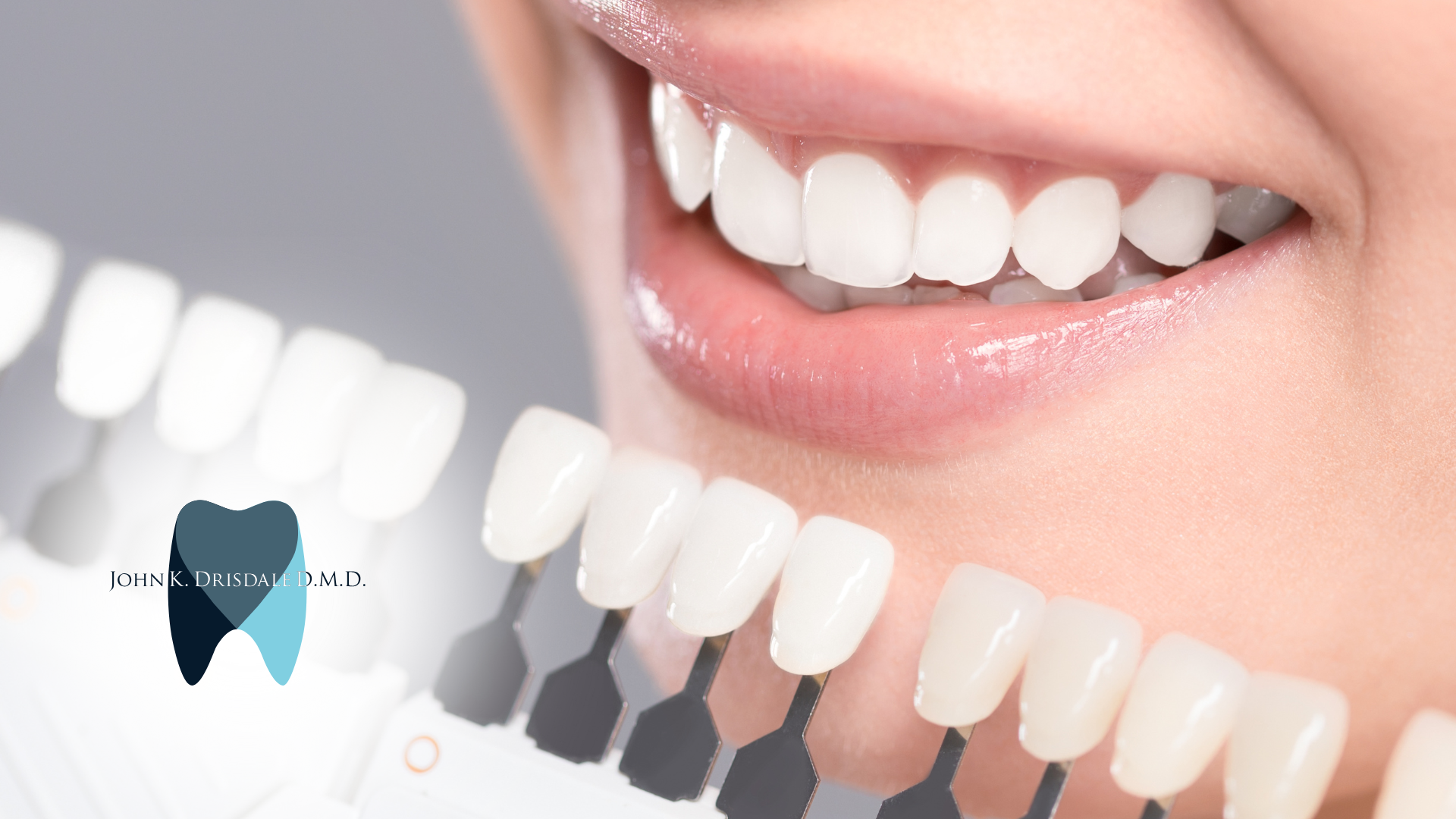How Long Do Crowns Last?
Dental crowns are one of the most effective ways to restore and protect damaged teeth, offering functional and aesthetic benefits. For individuals considering dental crowns in Midland, TX, understanding the longevity of this treatment can help them make informed decisions. This blog will explore dental crowns, their applications, the treatment process, available materials, and, most importantly, how long they typically last.
What Are Dental Crowns and When Are They Used?
Dental crowns are tooth-shaped caps placed over damaged or decayed teeth to restore their shape, strength, and appearance. They are commonly used when a tooth is too damaged to be restored with a simple filling but not enough to require extraction. Crowns are often recommended in the following situations:
- Restoring Decayed Teeth: When a tooth has been severely affected by decay, a crown can protect it from further damage.
- Post-Root Canal Treatment: Teeth that have undergone root canal treatment often weaken and need a crown to reinforce them.
- Cracked or Chipped Teeth: Crowns can cover and protect cracked or chipped teeth, preventing further damage and restoring functionality.
- Cosmetic Enhancement: Crowns can also be used to improve the appearance of discolored or misshapen teeth.
The application of crowns offers a durable and long-lasting solution, but the longevity can vary depending on several factors, which will be explored in detail.
The Treatment Process for Dental Crowns
Getting a dental crown usually involves two visits to a dentist in Midland, TX. The first visit focuses on preparing the tooth, while the second consists of placing the permanent crown.
- Tooth Preparation: During the initial appointment, the dentist will examine and prepare the tooth by removing any decay and reshaping it to accommodate the crown. This may involve filing down the tooth or building it up with filling material if necessary. An impression of the tooth is then taken to create a custom crown.
- Temporary Crown Placement: After the tooth is prepared, a temporary crown is placed to protect it while the permanent crown is being made. Temporary crowns are not as strong as permanent ones and should be treated with care.
- Permanent Crown Placement: Once the permanent crown is ready (typically within 1-2 weeks), the patient returns for the final placement. The dentist will remove the temporary crown, check the fit and color of the permanent crown, and cement it in place.
This straightforward treatment process is crucial in ensuring the crown fits properly and functions as expected, ultimately contributing to the longevity of the dental crown.
Types of Materials Used for Dental Crowns
The longevity of dental crowns is heavily influenced by the materials used. Dental crowns can be made from several materials, each with advantages and potential drawbacks.
- Porcelain Crowns: Porcelain crowns are popular for their natural appearance. They closely mimic the color and texture of natural teeth, making them an excellent choice for front teeth. Although durable, porcelain can be prone to chipping or cracking, especially for patients who grind their teeth.
- Porcelain-Fused-to-Metal (PFM) Crowns: These crowns combine the strength of metal with the natural look of porcelain. The metal base provides durability, while the porcelain coating offers aesthetic appeal. PFM crowns are often used in front and back teeth, balancing strength and appearance.
- Metal Crowns: Made from gold, platinum, or base metal alloys, metal crowns are the most durable option. They are resistant to wear and less likely to chip or crack. However, their metallic color makes them less commonly used for visible teeth, making them a popular choice for molars
- Zirconia Crowns: Zirconia crowns offer both strength and aesthetics. These crowns are made from a highly durable material that can withstand heavy biting forces, making them ideal for molars and patients who clench or grind their teeth. Zirconia crowns are also biocompatible and can be color-matched to natural teeth.
The choice of material will depend on the location of the crown, the patient’s needs, and the dentist’s recommendation. The material used directly impacts how long the crown will last, with metal and zirconia crowns often lasting the longest.
Longevity of Dental Crowns: What to Expect
The lifespan of dental crowns can vary widely depending on several factors, including the material used, the placement of the crown, and the patient’s oral hygiene habits. On average:
- Porcelain Crowns: Typically last between 5 to 15 years. While they are aesthetically pleasing, they may require replacement sooner if subjected to heavy biting forces or if the patient grinds their teeth.
- Porcelain-Fused-to-Metal (PFM) Crowns: These crowns last between 10 and 15 years, combining the durability of metal with the aesthetic appeal of porcelain. With proper care, they can last over a decade without significant wear.
- Metal Crowns: Known for their exceptional durability, metal crowns can last 20 years or more. Since they are less likely to chip or break, they are often recommended for molars and areas that endure heavy chewing.
- Zirconia Crowns: These can last 10 to 20 years or more, making them one of the most durable options. Because they are resistant to wear and fracture, they are often used for both front and back teeth.
The longevity of dental crowns also depends on factors such as the patient’s oral hygiene, diet, and whether they grind their teeth. Regular dental check-ups can help identify potential issues early, ensuring the crown remains in good condition for as long as possible.
Maintaining Your Dental Crown for Maximum Longevity
Proper care and maintenance ensure dental crowns last as long as possible. Good oral hygiene habits, such as brushing twice a day, flossing daily, and regularly visiting a dentist in Midland, TX, are critical in preserving the health of the crown and the underlying tooth.
- Avoid Hard Foods: Chewing on hard foods like ice, hard candies, or bones can chip or crack crowns, especially porcelain ones. To prevent damage, it’s best to avoid these types of foods.
- Address Teeth Grinding: If teeth grinding is an issue, wearing a nightguard can protect the crown from excessive wear and extend its lifespan. Zirconia and metal crowns are more resistant to grinding but can still be affected over time.
- Maintain Oral Hygiene: Brush and floss regularly to keep the area around the crown clean. Crowns can still be affected by decay at the gum line, so it’s important to maintain healthy gums to avoid complications.
By taking these preventive measures and following the advice of a dentist in Midland, patients can maximize the lifespan of their dental crowns.
Conclusion
Dental crowns are a long-lasting solution for restoring damaged teeth. Their longevity depends on the material used and the level of care provided. On average, crowns can last 5 to 20 years or more with proper maintenance. Patients considering dental crowns in Midland, TX, can benefit from discussing their options with their dentist to choose the best material and treatment plan based on their needs.
FAQs
Can a dental crown last a lifetime?
While dental crowns are durable, they typically do not last a lifetime. With proper care, some crowns, particularly metal or zirconia crowns, can last up to 20 years or more, but they may eventually need replacement due to wear or damage.
What is the best material for a dental crown?
The best material depends on the location of the crown and the patient’s needs. Metal or zirconia crowns may be recommended for back teeth due to their strength, while porcelain crowns are often chosen for front teeth due to their aesthetic appeal.
How can I make my crown last longer?
The best ways to extend the life of a dental crown are to maintain good oral hygiene, avoid hard foods, address teeth grinding, and visit your dentist regularly for check-ups.
Do crowns require special care?
Crowns do not require special care beyond normal oral hygiene practices. However, extra attention should be given to brushing and flossing around the crown to prevent decay and gum disease.
How often should I visit the dentist after getting a crown?
It’s recommended to visit your dentist every six months for regular check-ups to ensure the crown remains in good condition and to address any potential issues early.




